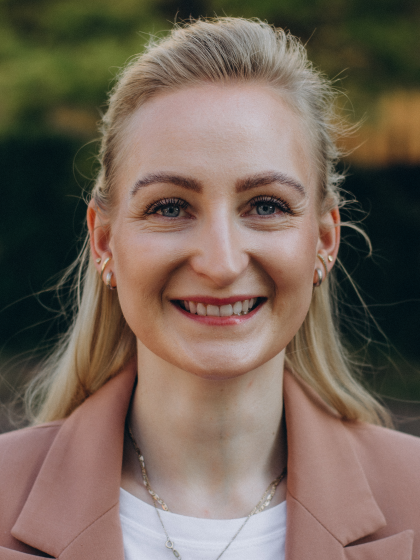prof. dr. S. (Sandy) Schmidt

Research interests
The research of Prof. Dr. S. Schmidt exploits the powerful reactivity and selectivity of enzymes from secondary metabolite pathways for the production of natural products and their analogs for pharmaceutical applications. One of the main areas of interest is the identification, characterization and the engineering of Rieske non-heme iron oxygenases for their application in biocatalytic reactions towards pharmaceuticals and/or precursors thereof. Along this line, the outstanding reactivities of these biocatalysts are exploited in synthetic metabolic pathways and (chemo)enzymatic cascade reactions for the production of complex compounds from simple precursors. The Schmidt group is thereby using state-of-the-art synthetic biology tools for the design and assembly of artificial metabolic pathways, and is developing new methodologies for the genetic engineering of several chassis strains. Finally, the Schmidt group aims at the development of new concepts for electron transfer pathways in microorganisms, and is developing concepts to optimize electron transfer chains in multi-component oxidoreductases. By expanding our knowledge on the parameters determining efficient electron transfer and thus catalysis, it is expected that this will increase the broad applicability of multi-component oxidoreductases relying on complex electron transfer mechanisms.
